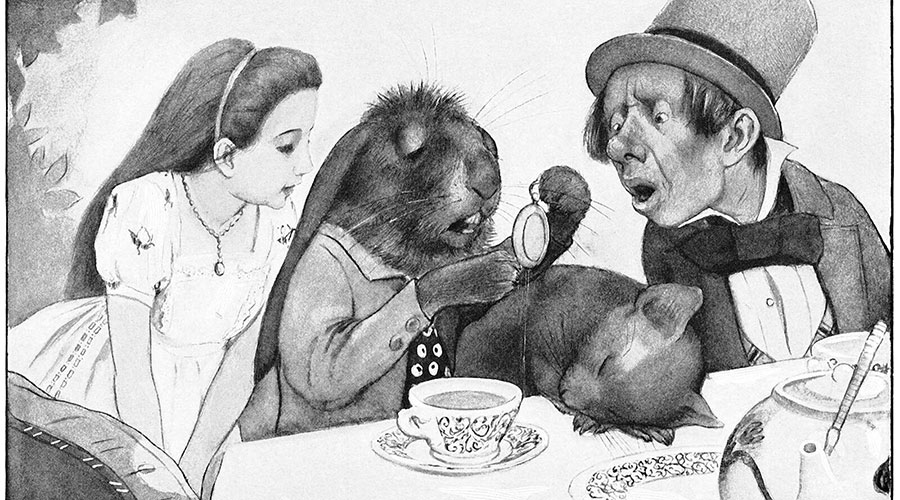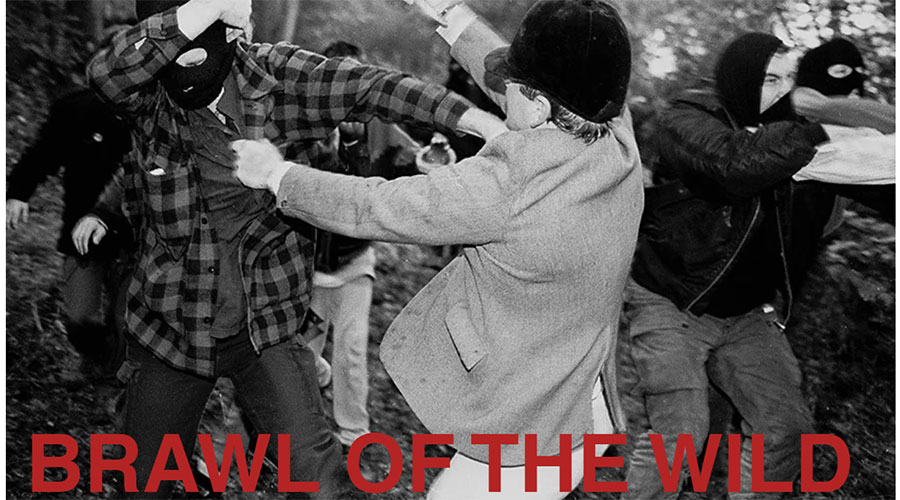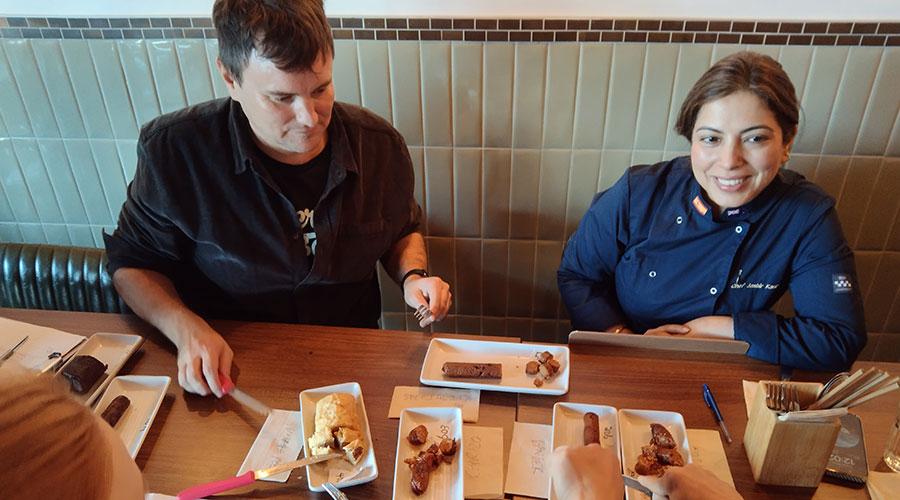The Humanity Trigger

First-time author Mark Fitzpatrick, AKA Mark Humanity, shares his war stories as a veteran hunt saboteur in Europe, along with the impressive research that went into his new book covering 200 years of anti-speciesism in Ireland.
It might be one of the more controversial arrows in the social justice quiver, but radical forms of direct action have a long history of making an impact and forcing change around the globe. Mark Fitzpatrick can tell you better than most, he’s literally written the book on it.
In The Humanity Trigger, the author, under the pseudonym Mark Humanity, chronicles a rich 200-year history of direct action on behalf of animals in Ireland, his country of origin (though he’s called Aotearoa home for the past decade). Beginning in 1822, when the first legal Act protecting some farm animals from certain kinds of violence was passed, travelling through to the guerilla actions of a burgeoning Animal Liberation Front movement in the 70s, on to the climate-informed activism of the present, the book is a comprehensive dive into a historical tale often gone untold.
Only Rock ‘n’ Roll Could Save Me Now
And Mark is certainly well positioned to tell that tale. A vegetarian from the age of 13 and vegan from 18, the author grew up in a time and place where such rebel diets were nowhere near as acceptable, and dramatically less convenient, than they are today.
“The one beacon of hope in my town was, and still is , an institution called the Quay Co-op — a huge rambling building in Cork city centre that was established by the city’s outsiders, artists, activists, and gastronomic rebels,” he recalls. “The Quay Co-op was/is a veggie food shop, a place to meet, eat good quality vegetarian/vegan food, hold meetings, buy radical books and magazines — it was everything that Catholic, arch-conservative, narrow-minded, easily shocked Ireland desperately needed but hated.”
Disheartened that his peers didn’t seem angered by the plight of animals in abattoirs and fur farms the way he was, Mark found his path to the animal rights community the way many early adopters of the time did — through music. A school friend exposed him to the British anarcho-punk bands of the 80s, like Crass, Conflict, Flux of Pink Indians, and Rudimentary Peni, and Mark was drawn in by the cacophonous call for radical change echoed in the lyrics.
“I had never heard of these bands before, or even this genre, but once needle hit wax on my record player at home, I was immediately pinned to the wall and have remained pinned there ever since. I had finally found a home for my rage and identity and it was sublime.”
From there, animal activism was a natural evolution for the passionate young man, who would go on to have an active role in Ireland and the UK’s hunt sabotage movements.
Sabotage Stories
Retired from “sabbing” these days, Mark has embraced a new role as movement historian and remains a wealth of exciting war stories.
“One day that stands out is the time back in about 1999 or so, it was the last weekend of the fox hunting season so we got together with a bunch of other sab groups in the Greater London area and formed a ten-vehicle convoy of battered transit vans (compete with windscreen shields) and long-base Land Rovers carrying about 150 Saboteurs between them.”
The group made a spirited tour of known hunting spots across the region, closing down each hunting pack as they came through. It got so the police, unable to “guarantee safety”, would immediately order hunters back to their kennels when the group showed up — they didn’t even have to leave their vehicles.
“The last hit of the day was at the Surrey Union Hunt, notorious for their aggression against saboteurs but completely on the back foot that day. Pockets of saboteurs in every direction engaged in beautifully tactical sabbing and robust self-defence, and sent the Union packing early, despite a huge and belligerent police presence. It was all very… professional.”
Another daring bit of direct action in 1999 saw the saboteurs dressed in gender-swapped outfits to connect drag performance with drag hunting — an alternative to fox hunting that sees an animal-scented rag dragged across the countryside in lieu of a live animal.
“We grouped up, changed into various dresses and wigs (for the gentlemen) or cheap suits and hats (for the ladies) and marched into the tiny village the hunt was meeting in behind a large banner that read ‘Hunting Makes Us Cross (Dress)’. We carried on sabbing in our various outfits until dusk and made it onto the ITN news. ‘Get the skinhead in the pink dress,’ I recall one irate copper shouting to his fellow officers as they chased down Haggis, a large burly man wearing an ill-fitting pink number and army boots and running like the clappers.”
The Creative Trigger
Mark was inspired to look into the wider history of the movement his younger self had been a part of after being invited onto The Policed Podcast, an Irish production in which Dr Vicky Conway covers how communities and individuals experience policing. He was interviewed about his time as a hunt saboteur in the west of Ireland during the mid-90s, a time when protesters faced extreme violence from the hunt and their supporters.
Having left Ireland in 1996, Mark has lost touch with the movement there and decided to do a little research ahead of his interview. That was when he discovered the Irish Newspaper Archive, with digital access to every newspaper printed in the country since the 1700s.
“I joined up and when I typed some obvious words into their search engine — ‘animal liberation’, ‘animal rights’, ‘hunt sabotage’, and so on — hundreds of references came up; everything from small paragraphs in provincial newspapers reporting a smashed window of a butchers shop, to arson attacks, poisoning hoaxes, bomb scares, actual bombs, furious letters to the editor, indignant opinion pieces, outraged editorials, to full centre-spread investigations into the nefarious goings-on of the Animal liberation Front throughout the country.”
With the idea for a written history planted, the would-be author began to cast his net wider for more sources. This included the UK-based Animal Liberation Front (ALF) Supporters Group Newsletter, which ran from the late 1970s to the late 1980s and corroborated a lot of the information he had found in newspapers.
“HOWL, the quarterly magazine from the brilliant Hunt Saboteurs Association (HSA), was another source – every issue since issue #1 in 1973 is on the HSA website archive and I read them all.”
Having scoured the archives to put together a comprehensive history of Irish radical action for animals spanning 200 years, Mark needed a title for his treatise — and here history provided once again. The Humanity Trigger alludes to two different nicknames given to Richard Martin, an Irish MP, lawyer, and early advocate for animals (think 1800s).
“The first nickname — ‘Hairtrigger’ — refers to his short temper and propensity for dueling, a gentleman’s way of resolving disputes popular amongst the nobility in the 19th Century,” explains Mark.
“The second — ‘Humanity Dick’ — was a moniker given to him by his mate King George IV because of his tireless work for animals (except foxes and bulls). Martin pushed through the 1822 Cruelty to Cattle Act, established a police force to enforce this law (the RSPCA), and provided his services as a solicitor for free in prosecuting animal abuse cases in the courts.
“I put the two together and got the Humanity Trigger. It was either that, or Dick Hair.”
Direct Action Today
Looking at the direct action campaigns of recent decades (the 80s onward), Mark notes a mix of small-scale actions — vandalism, graffiti, lock gluing — and effective campaigns that linked up underground direct action with activism from more conventional groups.
“Some actions were sophisticated commando-style raids involving many people and lots of coordination, others were howls of desperation and despair seemingly done ad hoc by individuals.”
He points to two particularly effective examples. The first was a joint effort by the ALF, Greenpeace, and the Lynx Educational Trust for Animal Welfare that had an “absolutely devastating” effect on the UK’s fur trade in the 1980s. The second saw the ALF break into every one of Ireland’s fur farms in quick succession to film the cruel conditions, with the footage disseminated by the Coalition to Abolish the Fur Trade (CAFT) in 2009. Fur farming was banned in 2022.
Today, Ireland is witnessing the same rise in availability and acceptance of plant-based eating that is seen in many countries. While Mark says this has led to the radical edge of veganism chronicled in his book being somewhat “diluted”, he is impressed by the huge growth of people ‘trending toward veganism’.
“2015 saw the beginning of this uptick and it’s largely generational — this trend is being led by young people voting with their money.”
He also notes that the nature of direct action in today’s society has changed dramatically since the rise of the ALF in the mid 70s. An increased focus on security and ubiquitous technology like CCTV cameras has made operating in secrecy all but impossible, so direct action has evolved to a more above-ground form, such as the practices of Direct Action Everywhere and Meat the Victims.
While he’s open about the limitations of the golden age of direct action — limited dialogue, a tendency to bemuse or alienate the public — Mark’s research highlights the many ways that the dirty hands of such pioneering activists paved the way for the gains of today.
“Despite the scatter-gun approach of a lot of ALF actions, particularly in the 1980s when the movement was still finding its feet, the mere existence of such actions regardless of particular effectiveness perhaps demonstrated a resistance to the cosy social consensus on animal abuse,” the author explains.
“An air of urgency and outrage was injected into the debate by the ALF, guaranteeing the one thing any social cause requires if it’s to get anywhere — that is, attention.”
The Humanity Trigger by Mark Humanity is released on 4 December 2023 through Earth Island Books. It is available in both hardback and ebook format from www.earthislandbooks.com and from many online bookstores. If you’d like to check out more of Mark’s work chronicling direct action history, visit www.thehumanitytrigger.com.
Aotearoa Vegan and Plant Based Living Magazine
This article was sourced from the Winter 2023 edition of The Vegan Society magazine.
Order your own current copy in print or pdf or browse past editions.
Disclaimer
The articles we present in our magazine and blog have been written by many authors and are are not necessarily the views and policies of the Vegan Society.
Enjoyed reading this? We think you'll enjoy these articles:
Vegan Whispers in our Childhood Reading?
Vegan Whispers in our Childhood Reading? Ian Duffield dives into the canon of classic children’s books to explore the way animals have …
The Humanity Trigger
The Humanity Trigger First-time author Mark Fitzpatrick, AKA Mark Humanity, shares his war stories as a veteran hunt saboteur in Europe, along …
NZ’s Best Vegan Bangers
NZ’s Best Vegan Bangers Claire Insley, the Vegan Society’s media spokesperson, heads along to the NZ Vegan Sausage Awards, an annual celebration …




